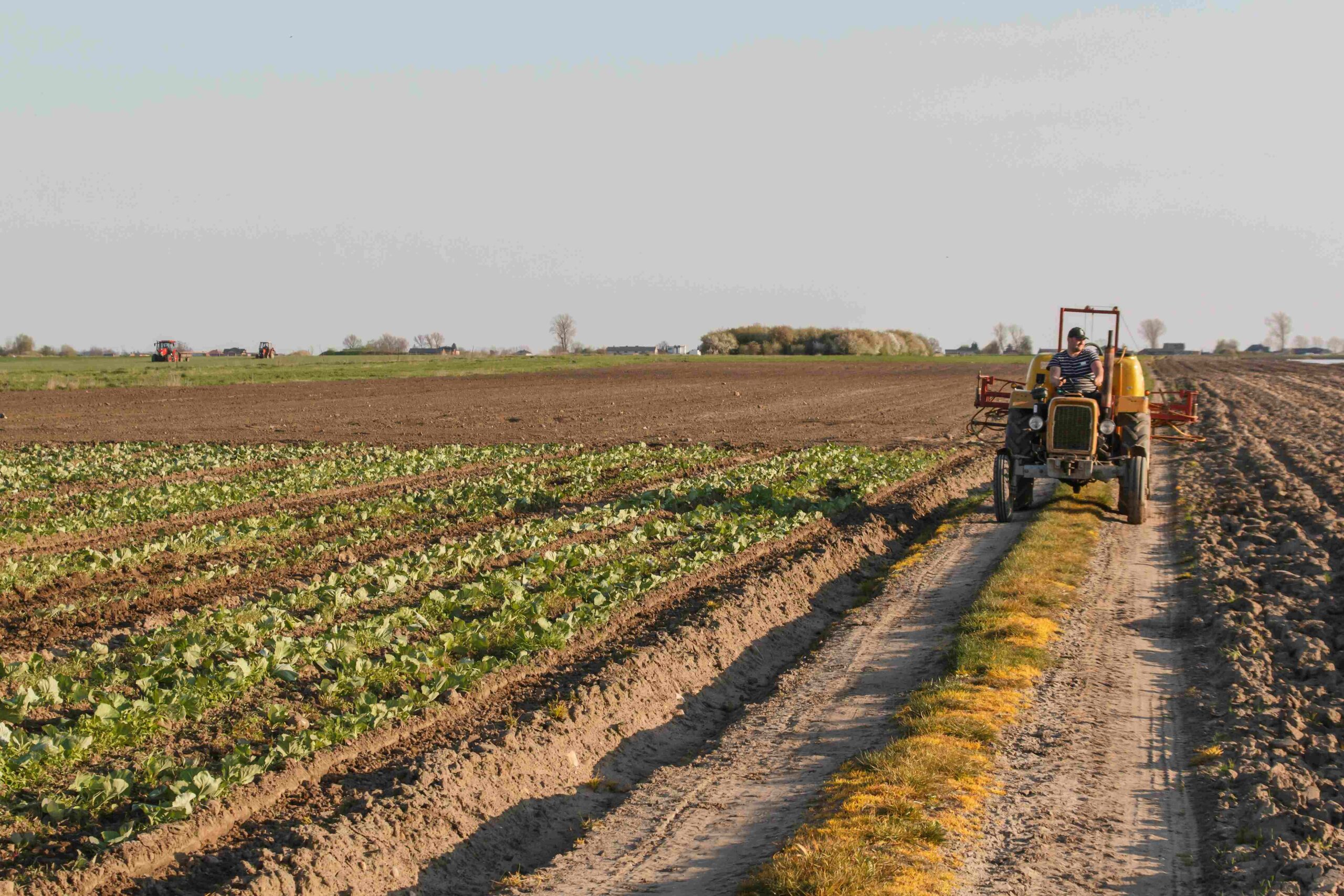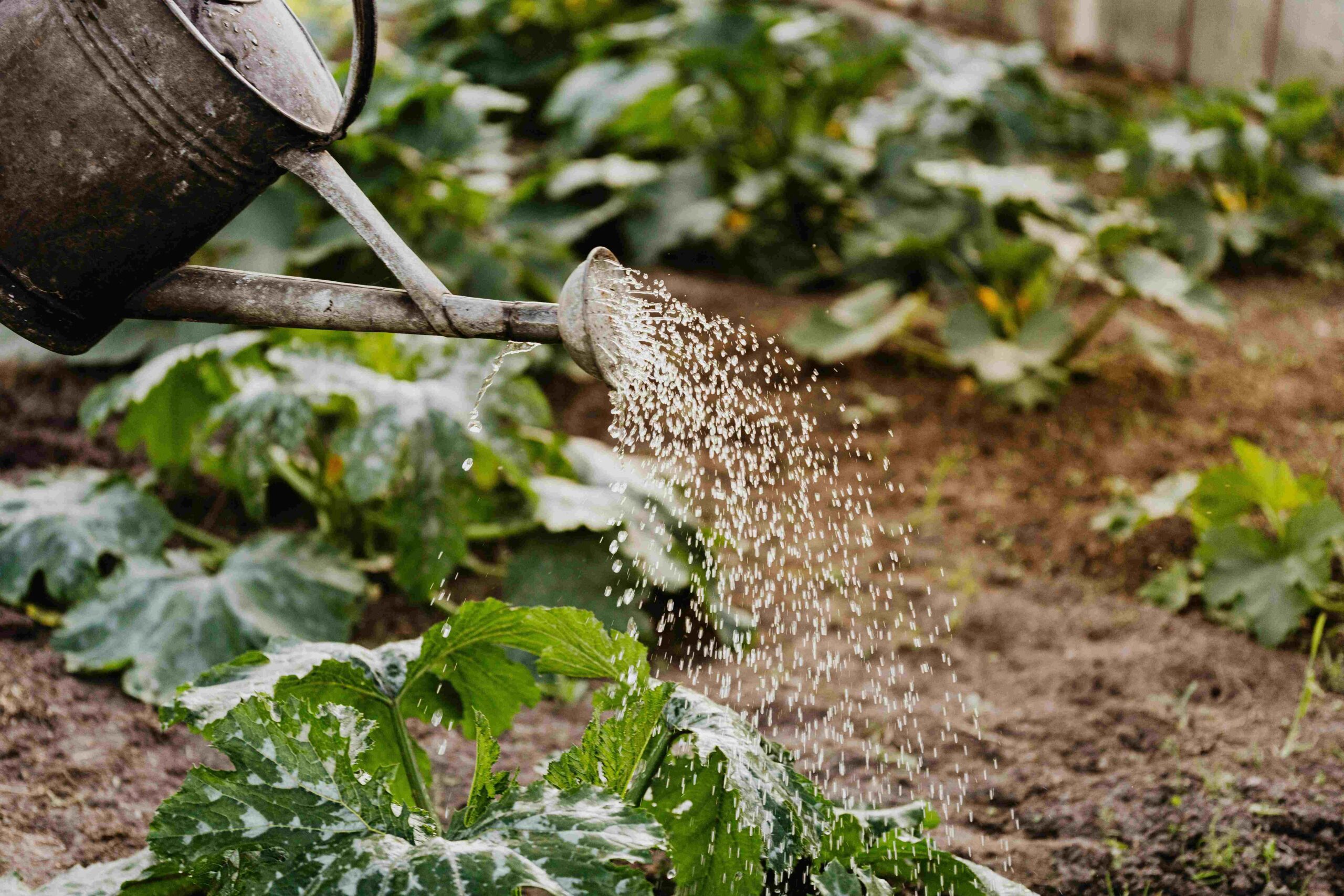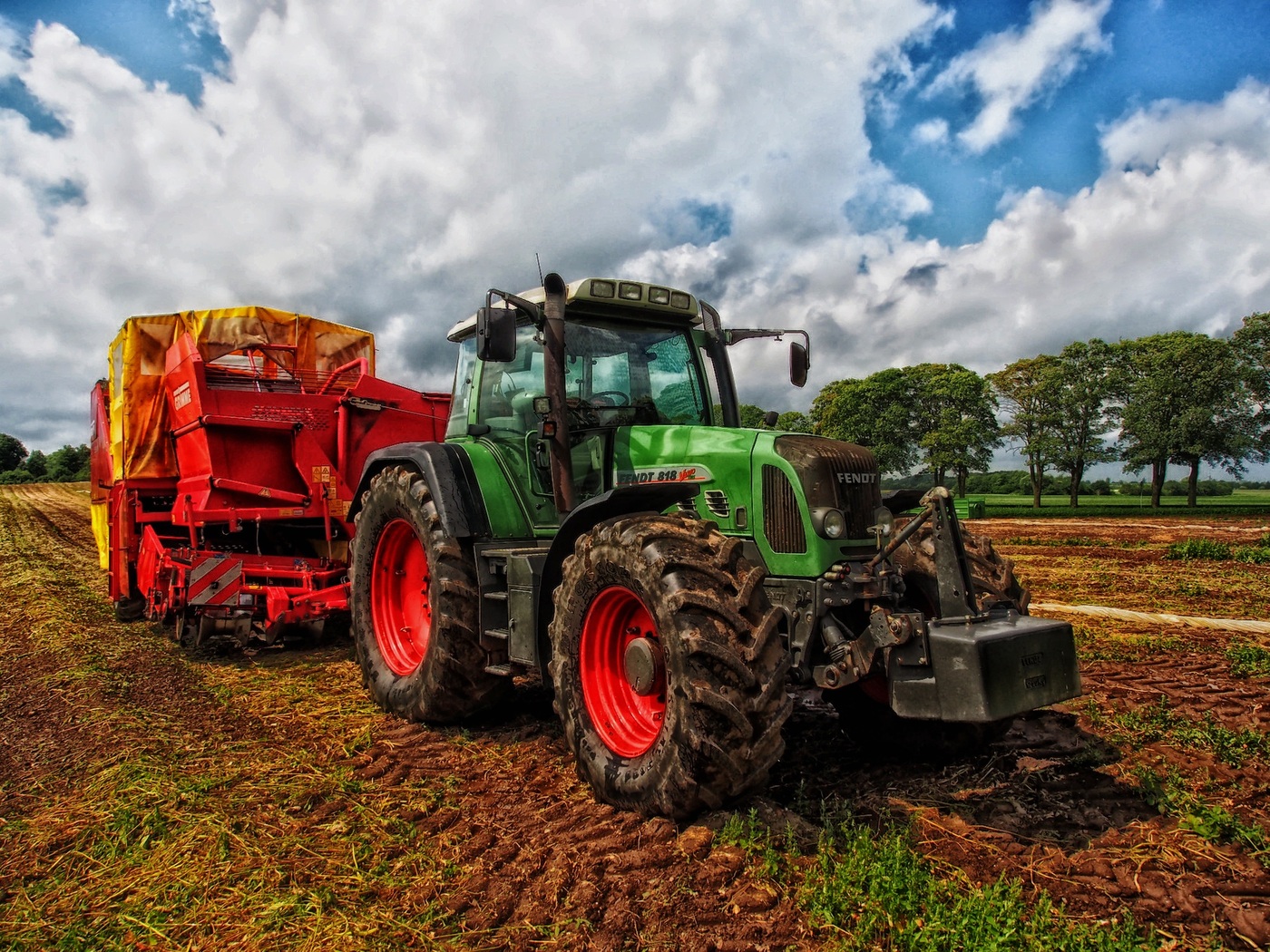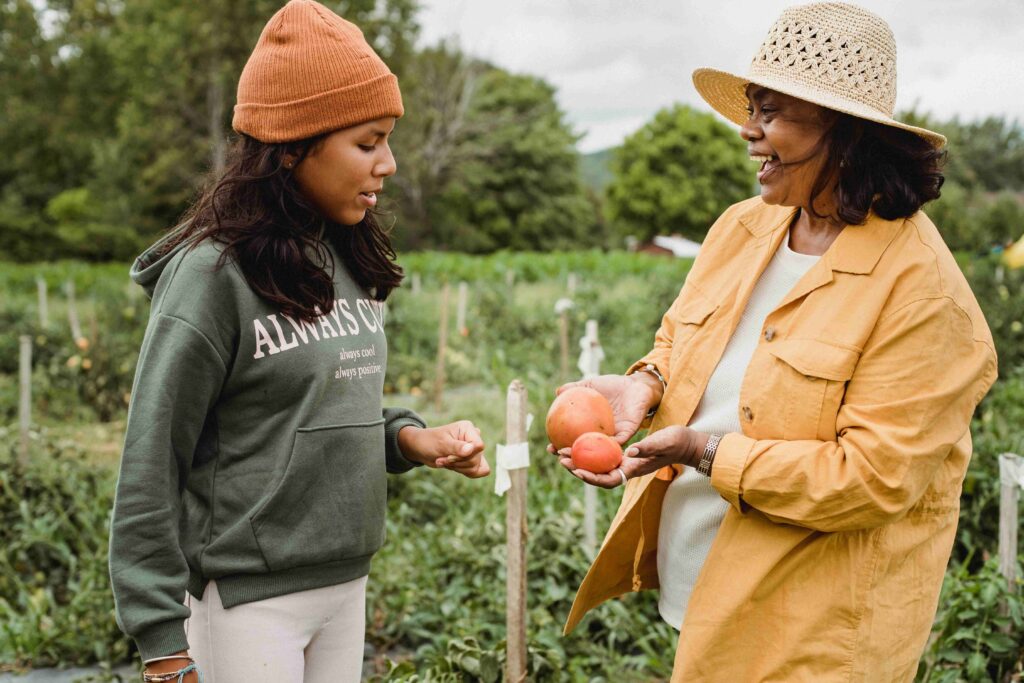Agri-tourism is an emerging trend that blends agriculture with tourism, offering visitors a unique opportunity to experience farm life while supporting sustainable farming practices. From farm stays to guided tours, agri-tourism provides a win-win scenario for both farmers and tourists.
For farmers, agri-tourism is a way to diversify income streams. Hosting activities like fruit picking, animal feeding, or farm-to-table dining allows farmers to generate additional revenue while showcasing their sustainable practices. This supplementary income is especially valuable for small-scale farms struggling with fluctuating market conditions.
Tourists, on the other hand, get to connect with nature and learn about sustainable farming. Agri-tourism activities foster a deeper appreciation for the hard work that goes into producing food and promote eco-consciousness among visitors.
Agri-tourism also plays a role in rural development. By attracting visitors to rural areas, it boosts local economies and creates job opportunities. Additionally, it encourages the preservation of traditional farming techniques and cultural heritage.
To make agri-tourism successful, farms must prioritize visitor safety and education. Providing interactive and engaging experiences, such as workshops on organic farming or beekeeping, can enhance visitor satisfaction and ensure repeat business.
As the demand for sustainable travel grows, agri-tourism is poised to become a key driver of sustainable agriculture and rural revitalization. It’s a perfect blend of education, recreation, and environmental stewardship.







Leave a Reply